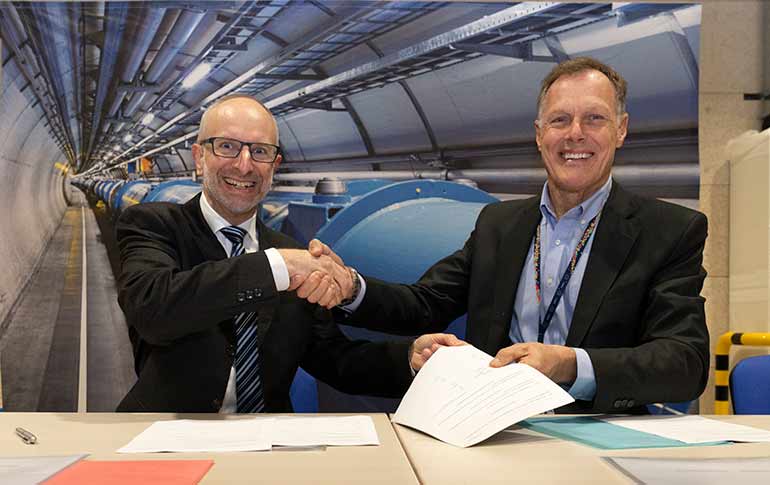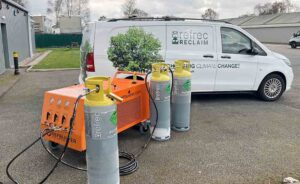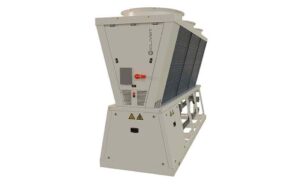Linde in upgrade of Large Hadron Collider
5th December 2022
GERMANY: Linde Engineering is to supply two identical helium cryogenic refrigeration systems for the Large Hadron Collider (LHC).
The company has already supplied systems providing more than 50% of the refrigeration capacity required for the LHC, the most powerful particle accelerator ever built. It allows physicists to test the predictions of different theories of particle physics. The accelerator sits in a tunnel 100m underground on the French-Swiss border at CERN, the European Organisation for Nuclear Research.
Linde has been delivering sophisticated refrigeration systems to CERN since 1986. “To be selected for the most significant upgrade of the LHC since its start-up in 2008 speaks to our track record in reliable and efficient solutions, even in the most complex research environments,” said Lars Blum, Linde Kryotechnik’s MD.
Each refrigeration system will have a capacity of 3.25kW, close to absolute zero at 1.9K (-271°C).
For each of the plants, Linde Engineering will deliver a compressor system, a surface cold box measuring 14m in length and 3.5m in diameter, an underground cold box with a length of 7m and a diameter of 2.5m, and a vacuum insulated piping network to connect the two cold boxes.
The surface cold box will cool the helium to 4.5K (-269°C), and the second cold box about 90m underground will provide the required 1.9K (-271°C). Linde Engineering will also be responsible for installation and final commissioning. Handover to CERN is scheduled for mid-2026.
The cryogenic infrastructure of the Large Hadron Collider (LHC) at CERN is the most complex helium refrigeration system of all the world’s research facilities.
The system is required for to cool the superconducting electromagnets which keep the particle beams on course around the LHC’s 27km ring. The LHC’s cryogenic system requires 40,000 leak-tight pipe seals, 40MW of electricity and 120 tonnes of helium to keep the magnets at 1.9K.







